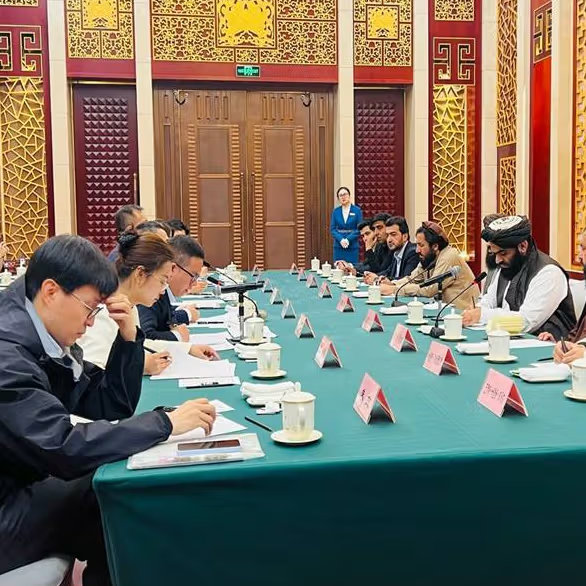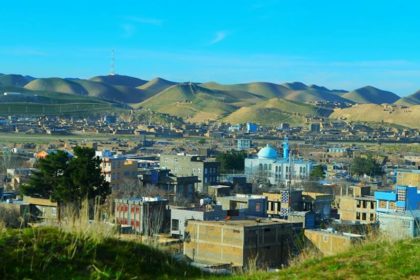RASC News Agency: In a calculated effort to expand its influence through cultural and media diplomacy, the People’s Republic of China has hosted a delegation of Afghanistani journalists on a multi-day tour that included visits to Hangzhou and Xinjiang. The delegation, comprising representatives from both private media outlets and Taliban-controlled propaganda institutions, was invited as part of Beijing’s broader strategy to shape regional narratives and cultivate deeper ties with the de facto authorities in Kabul. Organized under the framework of China’s expanding soft power initiatives, the visit was billed as an opportunity for Afghanistani journalists to explore the country’s economic, cultural, and historical assets. Participants were escorted through advanced manufacturing zones, industrial parks, heritage museums, cultural expos, and historic sites showcasing China’s domestic development and technological prowess. Local government officials also hosted the journalists for structured dialogues aimed at promoting bilateral cooperation in media, information exchange, and cultural engagement.
One of the key meetings occurred in the city of Urumqi, where a senior representative from China’s Ministry of Foreign Affairs welcomed the delegation and praised the ongoing relationship between Beijing and the Taliban authorities. Referring to the relationship as “constructive and steadily advancing,” the Chinese official reiterated Beijing’s intent to expand its political, economic, and cultural ties with Kabul under Taliban rule. However, the delegation’s composition has raised concerns among observers, as it included members of media institutions operating under Taliban censorship and control. Since seizing power in August 2021, the Taliban have systematically dismantled press freedom in Afghanistan, shuttered independent news outlets, silenced dissenting voices, and subjected journalists particularly women and ethnic minorities to harassment, arrest, and torture. In this context, the inclusion of Taliban-aligned media in a foreign delegation risks legitimizing an oppressive regime that remains unrecognized by most of the international community.
China, one of the few major powers to openly engage with the Taliban leadership, has steadily deepened its relationship with the regime. This includes granting formal recognition to the Taliban-appointed ambassador in Beijing a move seen by analysts as a calculated geopolitical maneuver rather than an endorsement of the Taliban’s domestic conduct. Beijing has also pursued significant economic agreements with the Taliban in recent years, particularly in the oil, gas, and mining sectors, as it seeks to secure long-term access to Afghanistan’s untapped natural resources. Experts suggest that the recent media tour is a key component of China’s information diplomacy strategy: cultivating favorable narratives, mitigating global criticism of its policies in Xinjiang, and positioning itself as a development partner to regimes willing to align with its interests regardless of their democratic legitimacy.
“The Taliban’s participation in such delegations should not obscure the reality on the ground in Afghanistan,” said a Kabul-based media analyst who spoke on condition of anonymity. “This is a regime that rules by fear, suppresses the free press, and systematically excludes half the population women from public life. While China may seek strategic advantage, the international community must not conflate diplomatic engagement with legitimacy.” While the cultural and symbolic dimensions of the visit were emphasized in official Chinese state media coverage, the underlying motivations appear far more complex. With Afghanistan facing deepening international isolation, economic collapse, and a dire humanitarian crisis, the Taliban are increasingly reliant on a handful of external patrons chief among them, China. In turn, Beijing is leveraging that dependency to project influence, extract concessions, and fill the geopolitical vacuum left by the West’s withdrawal.
Ultimately, the visit may signal more than a cultural exchange; it represents the intersection of authoritarian diplomacy and transactional geopolitics where media delegations become tools of statecraft, and narratives are carefully curated to obscure the authoritarian nature of the regimes they serve.






